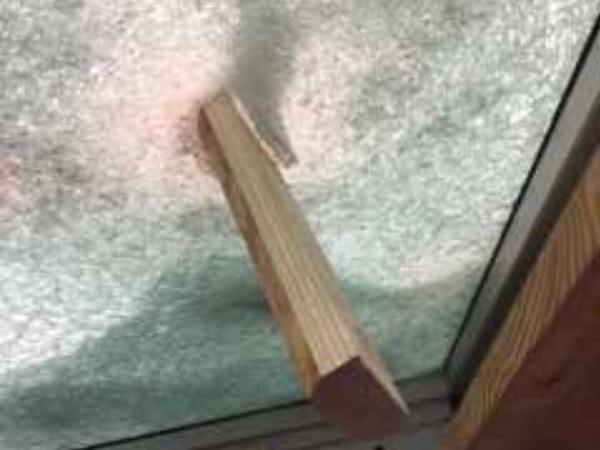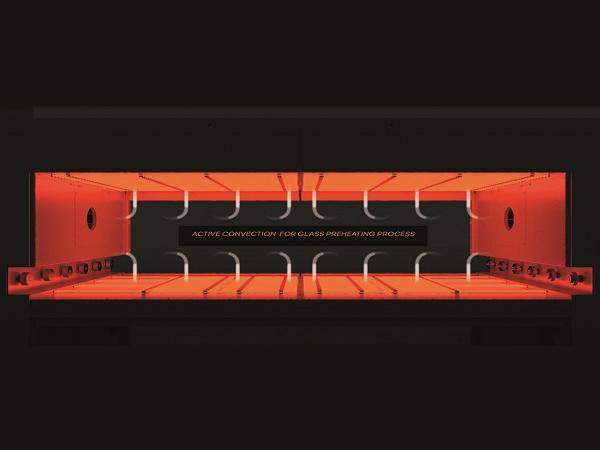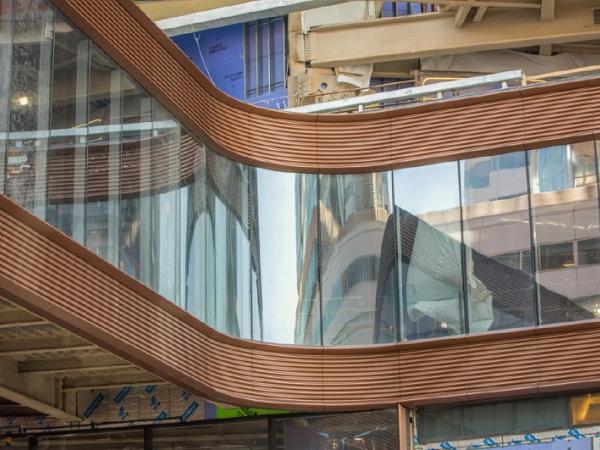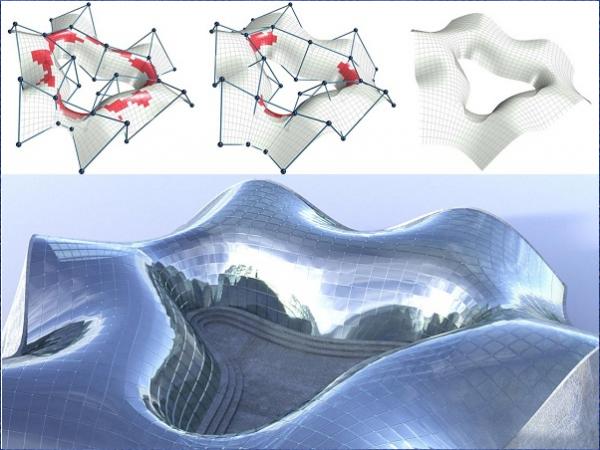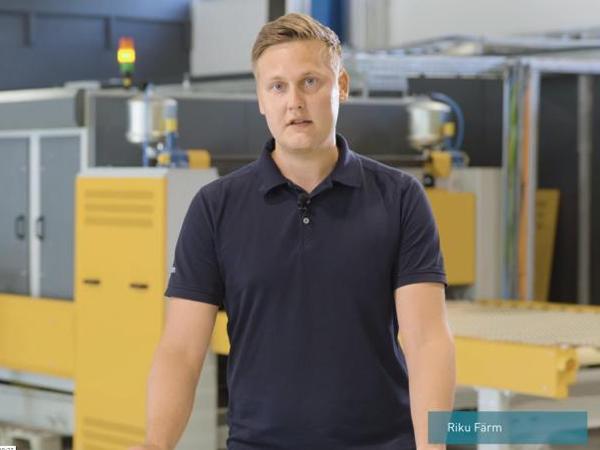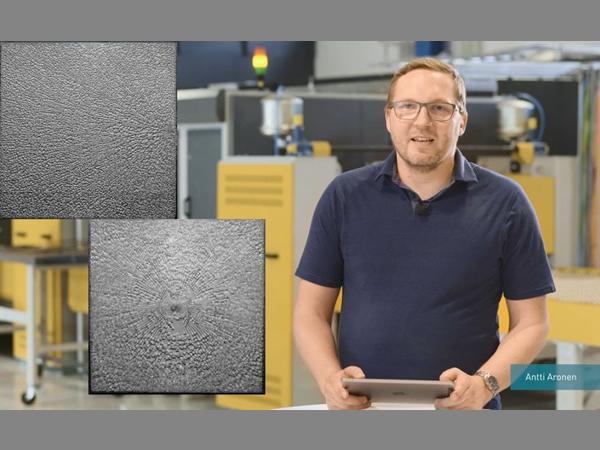Others also read
| The latest Glastory blog is dealing with the newest trends coming to the bus glass market - how the cut-outs, digital and screen printing, larger surfaces and thinner glass to reduce weight and fuel consumption is challenging the glass processing.
| An Initial Study Towards Optimized Structural Assessment of Glass Components
| Constructions at exceptional locations are often challenging but worth one’s while. Extreme boundary conditions and sophisticated demands of the client have to be considered.
| The latest Glastory post is dealing with the trends in automotive display glass processing.
| In this blog post, we look at trends in the sunroof and windshield business today and how glass processors can prepare for them.
| A clean, safe and sustainable source of energy, solar continues to power the world at a faster pace than ever before.
| Building code requirements for wind-borne debris protection have been in existence since the mid- 1990s, and as a result, many glazing systems have been tested and certified to these performance requirements.
| For nearly 50 years, glass has been used as structural elements in glass fin applications. These applications include interior and exterior projects, supporting facades, canopies, storefronts, curtain walls and skylights.
| Anisotropy is the term used in the façade industry to describe the manifestation of patterns and colourful areas in heat-treated glass under certain light and viewing conditions.
| Connecting glass with heat bonds is a way to create all-transparent glass structures. Two methods have been researched in theory and practice, glass welding, through local heating, and glass fusion through global heating.
| This paper focuses on the geometric optimization of the free-form gridshell towards planar quad glass units.
| Latest Glastory blog by Jukka Immonen is dealing with the 5 promises of convection technology in windshield bending.
| In today’s architecture the bending of glass plays an important role in achieving free forms in modern façades.
| Shells made of structural glass are beautiful objects from both the aesthetics and the engineering point of view.
| The structural glass for this globe structure is created with laminated double curved glass panels patch supported by a steel structure.
| Thin glass offers a promising prospect for lightweight façades with reduced use of raw materials, also opening up entirely new perspectives for architectural expression.
| This paper focusses on the special glass part of the façade.
| From domed skylights to curved handrails, revolving door enclosures to building enclosures, the dramatic curves of bent glass offer architectural form and function.
| Data-based business models are also becoming increasingly relevant to the glass industry.
| Some practical tips on how you can well maintain your laminating line and extend its longevity.
| Computer scientists develop a design tool that opens up the use of a cost-efficient technology for curved glass panels. The tool is based on a deep neural network and allows for the free-form design of beautiful glass façades.
| Glaston is working hard to make tempering furnaces more automated.
| That’s an excellent question! It really is true that SentryGlass is more difficult to laminate in many aspects than standard PVB. But if we first think of what SentryGlass has been designed for, it is to give structural strength to the laminate.
| It is a very known behavior that the glass fragmentation depends on where you break the glass.
| A comprehensive numerical investigation was carried out to understand the mechanical behavior of cold-bent insulating glass units during the bending process. The aim is to derive a basic understanding of the mechanical behavior of an IGU during the cold bending process.







